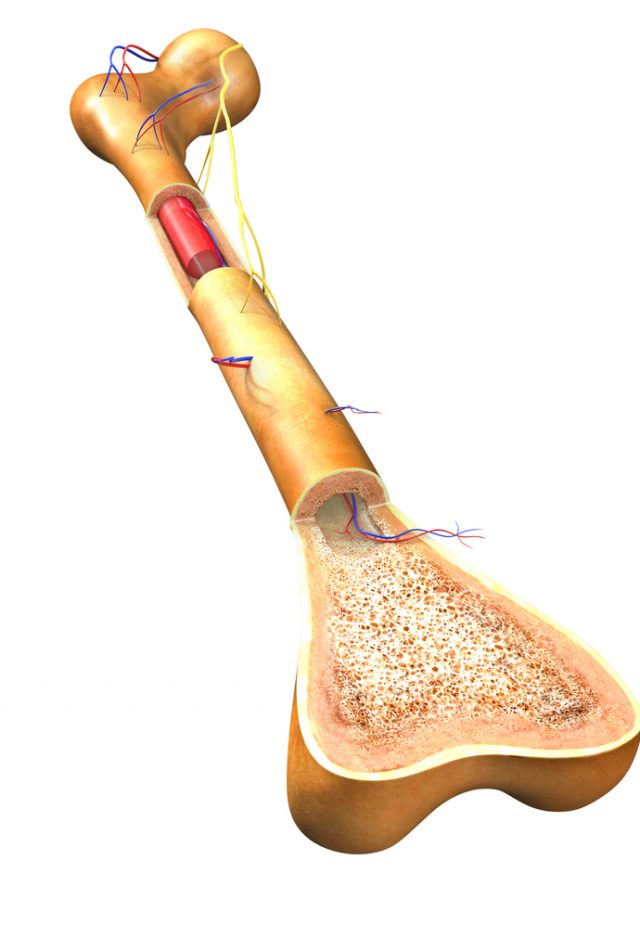Bone marrow transplantation
Bone marrow transplantation is the surgical process performed to replace destroyed and diseased bone marrow with healthy bone marrow stem cells from a donor. The procedure involves extracting the bone marrow which contains normal stem cells from the healthy donor and replacing it in the patient. The transplant aims to reproduce the patient’s blood cells to cure disease and built immunity.
Bone marrow is sponge-like tissue. It is found within the central hollow of the long bones. It contains stem cells which produce new blood cells.
Bone marrow is sponge-like tissue. It is found within the central hollow of the long bones. It contains stem cells which produce new blood cells.



